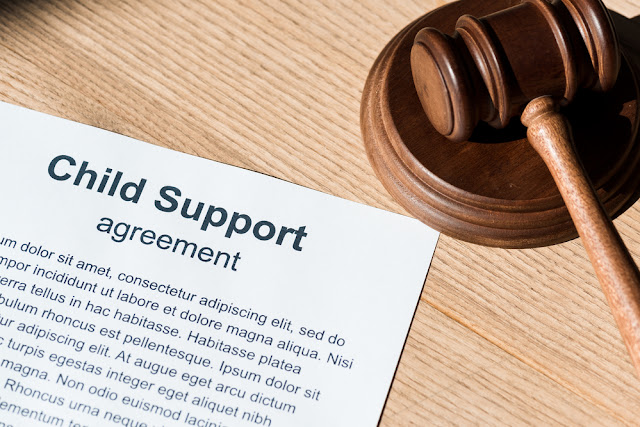Divorce is never easy, especially when children are involved.
As a parent in Pennsylvania, whether you are in Delaware County, Chester
County, or Lancaster County, you might find yourself facing the significant
challenge of determining child custody rights. It is a path filled with legal
complexities and emotional turbulence, but knowing your rights and
responsibilities can make all the difference.
Understanding
Child Custody Laws in Pennsylvania
Pennsylvania law recognizes two types of custody: physical
and legal. Physical custody dictates where your children live, and legal
custody refers to the right to make decisions about their upbringing. The
courts aim for an arrangement that serves the best interests of the child,
considering factors such as parental duties, stable environments, sibling
relationships, and even the child's preferences.
If you are navigating these waters, consulting with top child custody
lawyers can be invaluable. They have the expertise to advocate for your parental
rights while striving for an outcome that benefits your children.
Navigating
Custody Rights
Custodial time, also known as parenting time, is an important
part of a parent’s custodial rights. Even if you are not granted primary
physical custody, you have a right to spend time with your children. The courts
typically encourage frequent and continuing contact with both parents. However,
if there is a concern for the child's well-being, supervised visits or other
restrictions may be put in place.
The Role of a
Pennsylvania Divorce Lawyer
A Pennsylvania divorce
lawyer
is more than just a legal advisor; he/she is your strategic partner in ensuring
that your voice is heard in the courtroom. With their understanding of local
laws and court precedents, attorneys can guide you through complex legal
procedures and help you present a compelling case for your preferred custody
arrangement.
Dealing with
Child Support
Child support is another critical aspect of divorce that can
impact your financial future. In Pennsylvania, both parents are obligated to
support their children financially. A child support lawyer can help ensure that
the amount set by the court is fair and takes into account both parents'
incomes, childcare expenses, and other relevant factors.
Creating a
Co-Parenting Plan
A co-parenting plan is a detailed agreement that outlines how
you and your ex-spouse will raise your children post-divorce. This includes
schedules, healthcare decisions, education, and how you will handle disputes.
Crafting a solid co-parenting plan with the help of legal professionals can
provide stability and consistency for your children as they adjust to the new
family dynamics.
You are Not Alone
As you face the complexities of child custody rights,
remember that you are not alone. Seek-out the support of top child custody
lawyers, consult with a knowledgeable Pennsylvania divorce lawyer, and consider
the expertise of a child support lawyer to navigate this challenging
time. Your focus on the well-being of your children and your rights as a parent
will pave the way for a brighter future for your family.
This blog was originally posted on https://pa4law.com/child-custody-rights-legal-considerations-for-parents-going-through-divorce/


























